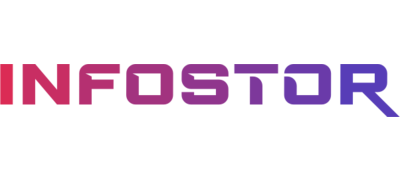Intel is ramping up its effort to expand Fibre Channel over Ethernet (FCoE). The company today announced that its Open FCoE technology is being supported by a variety of vendors, including Cisco, Dell, EMC, NetApp, Red Hat and Oracle.
“Our approach is a bit different than other approaches. We’re running all the Fibre Channel protocols on the host, instead of running them on proprietary hardware down on the HBA,” said Tom Swinford, vice president and general manager in Intel’s LAN Access Division, at a press conference today.
He added that Intel does have some acceleration with FCoE data path offload technology, but he stressed that most of the stack runs on the host.
“As we continue to make more powerful processors, our performance will only get better,” Swinford said.
Swinford said that Intel wants every server that ships with an Intel adapter or with LAN on motherboard (LOM) to be able to support FCoE. The goal is to have one adapter for multiple types of traffic, which is generally referred to as “unified networking,” or “unified fabrics.”
At the core of the open-source Open FCoE effort is the Data Center Bridging (DCB) specification, which is part of the Linux 2.6.29 and subsequent kernels. According to Intel, there are no special hooks in the kernel for Open FCoE to work with Intel adapters, but Intel adapters are the first ones qualified by EMC and NetApp with the Open FCoE solution.
Steve Schultz, director of product marketing in Intel’s LAN Access Division, says that Open FCoE is open source under the GPL license, and that Open FCoE is based on what is available in the Linux kernel.
“What is new today is that Open FCoE is now available from the Linux distributors, and it has been qualified along with the Intel X520 Server Adapters by EMC and Cisco,” Schultz says.
While Intel is best known as a silicon vendor, Open FCoE is available as a free software upgrade. Schultz explains that Intel’s 82599 controller has Data Path Offload technology to help accelerate FCoE. The 82599 and X520 started shipping in the middle of 2009, and can now be upgraded to Open FCoE with no additional silicon required.
The Open FCoE effort has been endorsed by a variety of Intel’s partners, including EMC and Cisco. From Cisco’s perspective, the effort will help the company drive forward its unified computing initiatives and Unified Computing System (UCS).
Soni Jiandani, a vice president in Cisco’s server access and virtualization group, said during the press conference today that Open FCoE will enable all Ethernet customers to support FCoE.
“It brings forth the notion of wire once, and mount any type of storage on your compute infrastructure,” Jiandani said. “That’s the net benefit that this technology will now enable across the broad base of Ethernet customers.”
Cisco had been providing its UCS customers with converged fabric technologies prior to the Intel Open FCoE announcement, but Jiandani said that what’s different is that Open FCoE offers more choice and broadens the base of customers that can enable their existing Ethernet infrastructure with FCoE.
